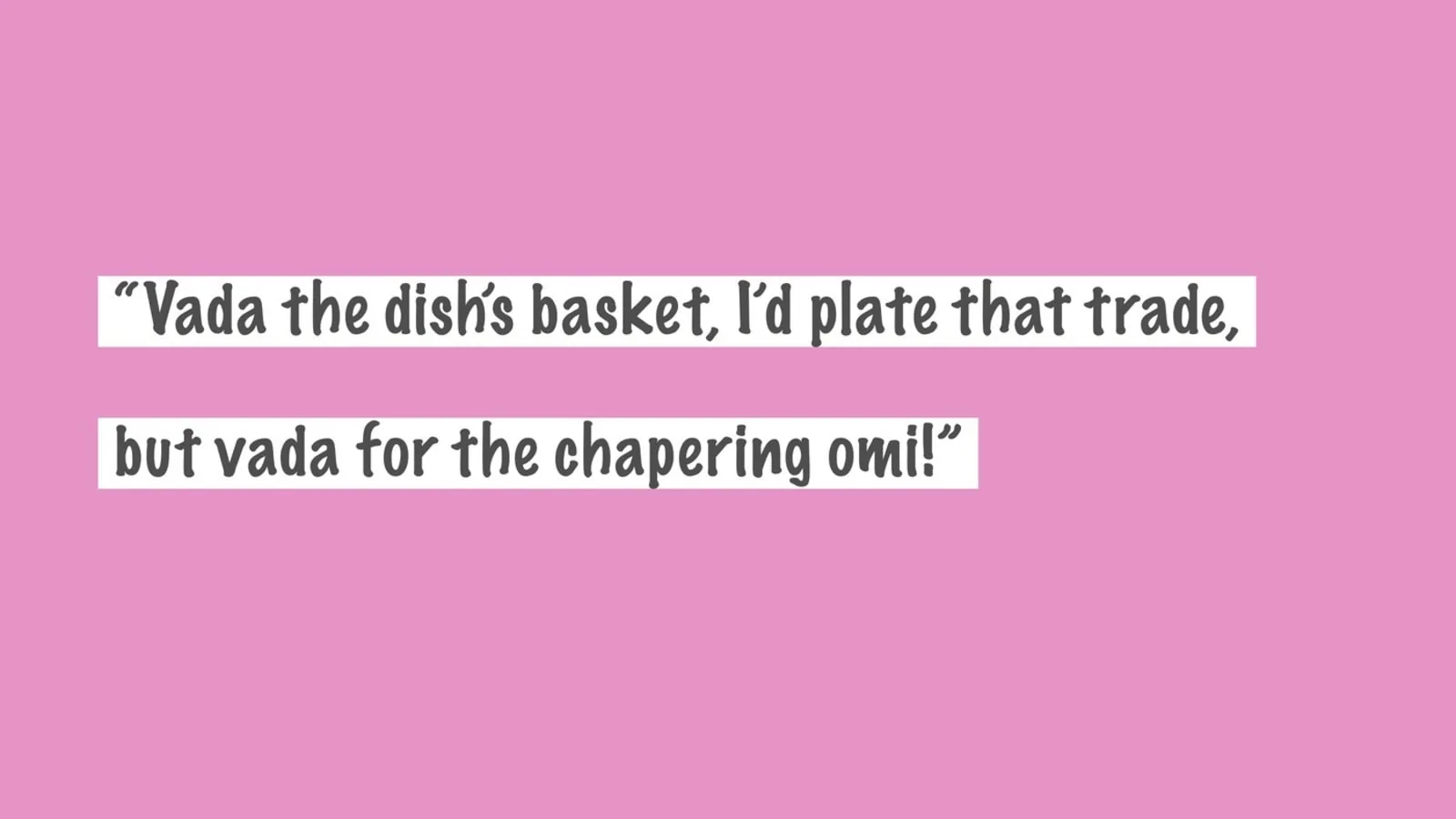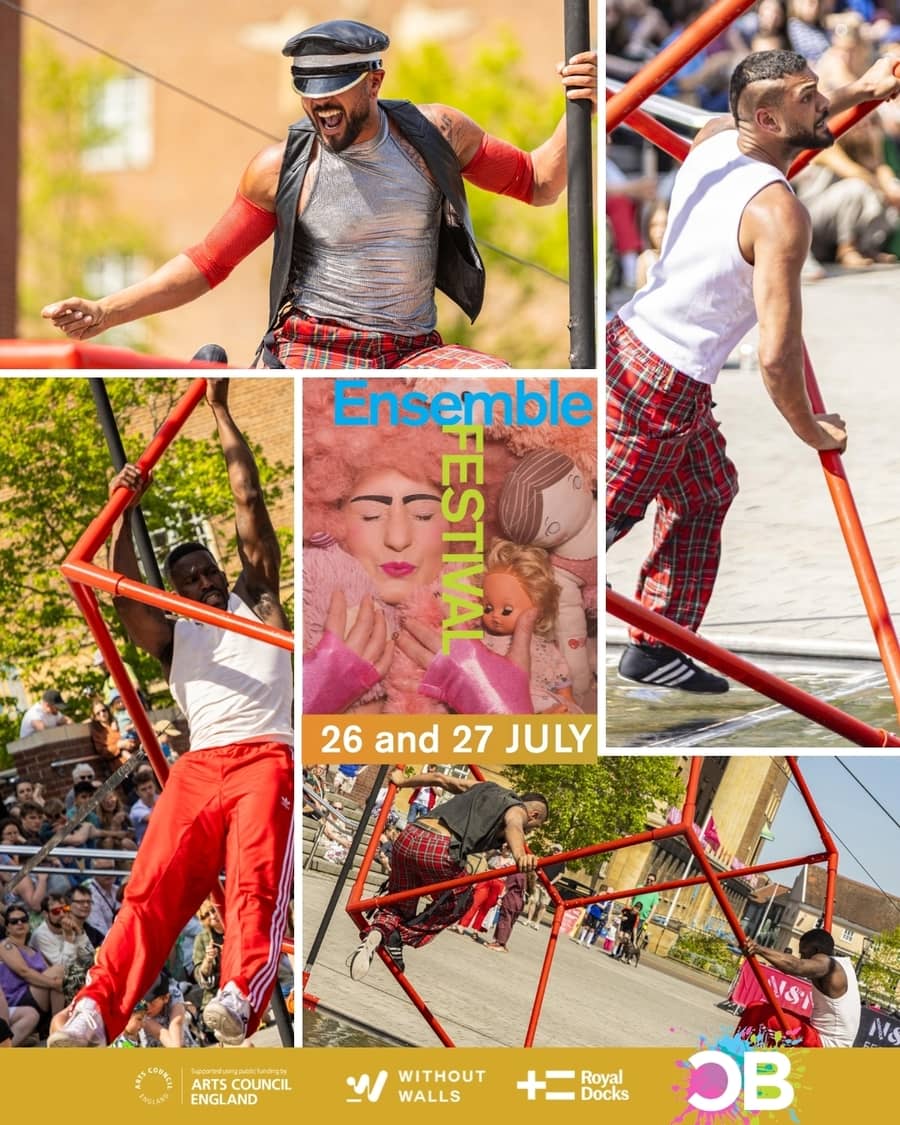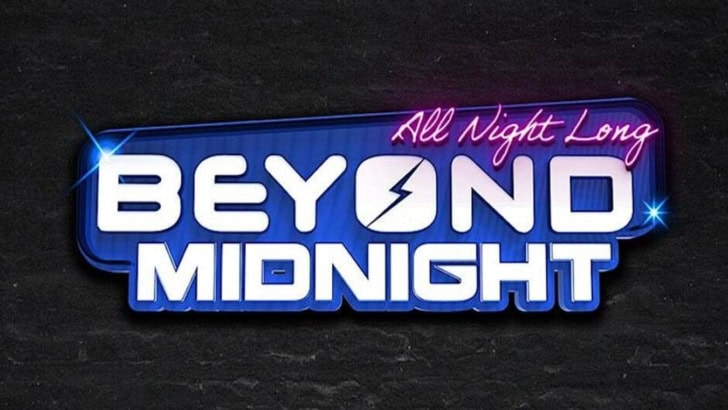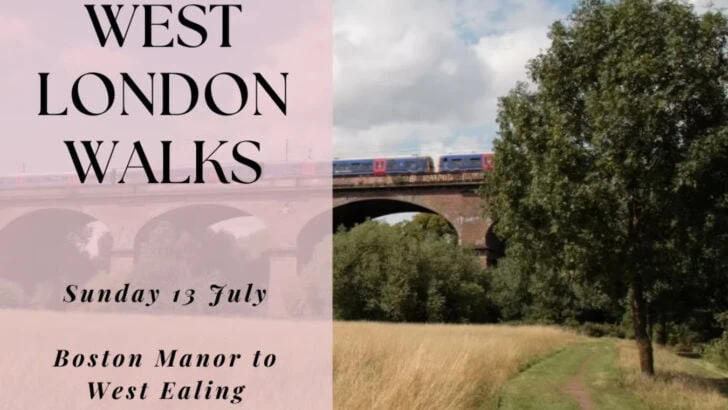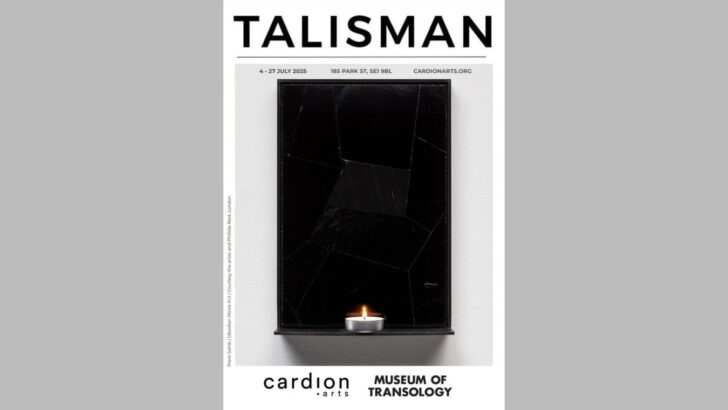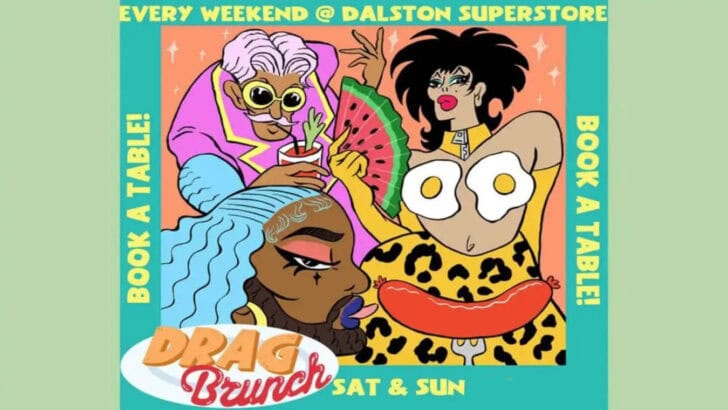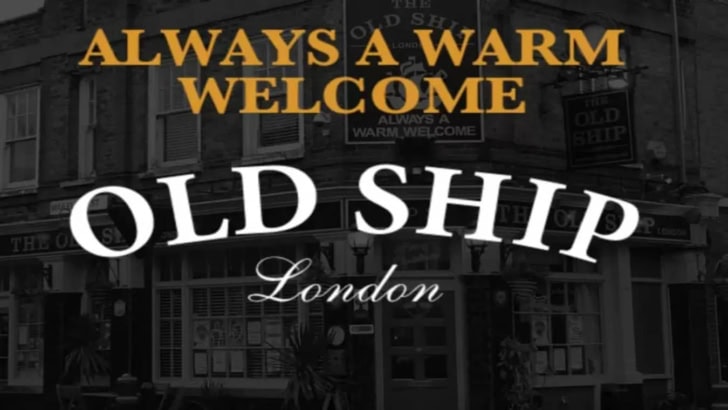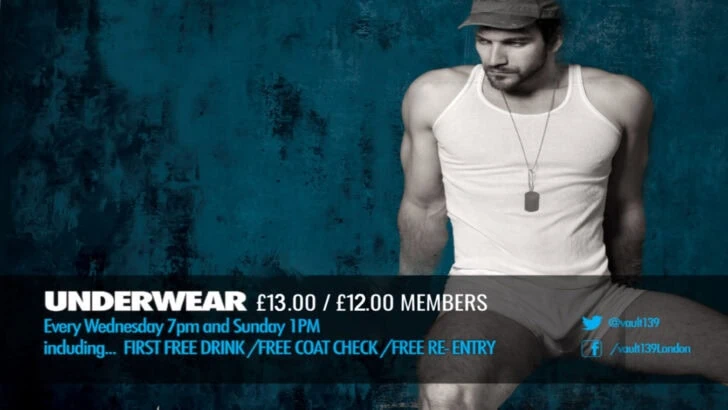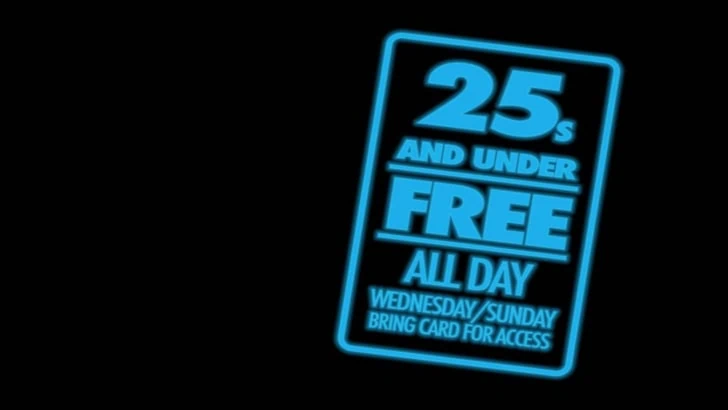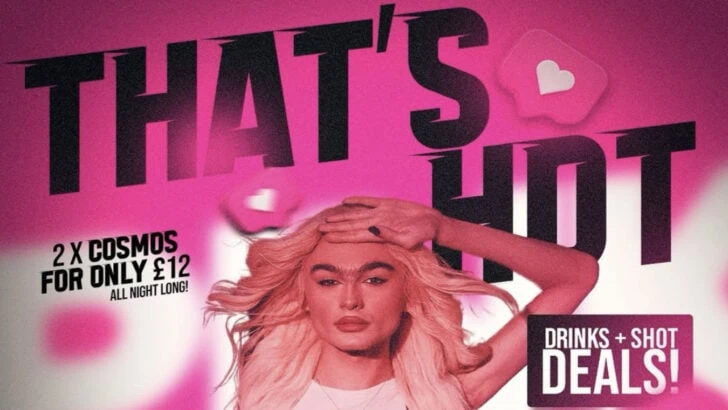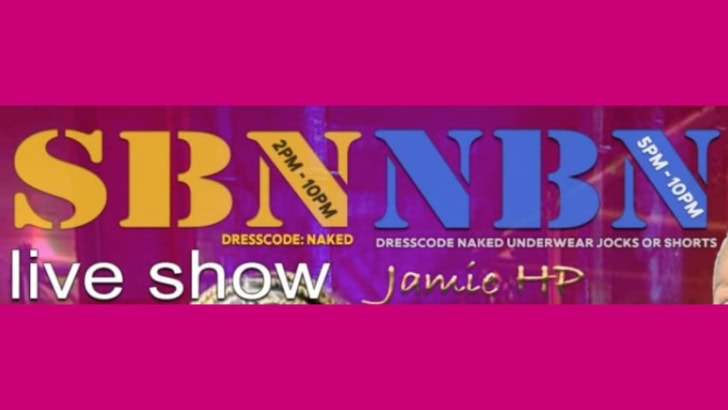Amongst the fairground, circus and theatre workers, the actors, criminals and prostitutes, the sailors, the cross-dressers and the pimps of the gay underworld, Polari was commonplace. Here, we look at how Polari was used, whether any of it remains and what might constitute gay slang today.
‘Vada the dish’s basket, I’d plate that trade, but vada for the chapering omi!’ isn’t a phrase you’d hear any average evening in Ku Bar. But it translates to – roughly – ‘get a load of that hot man’s bulge, I’d suck off that fittie but look out for the copper!’ Take away the allusion to hiding from the police, and this wouldn’t be a phrase entirely out of place coming from the mouth of a drunken punter leering over a topless bar man in a gay London club today.
The need to communicate in private
The fact that the first phrase is almost entirely incomprehensible to speakers of the English tongue is crucial to its ensuing usage from the end of the nineteenth century to the mid-1960s. When homosexuality was not only a heinous sin to affront the respectability of bourgeoisie religious Britain but also a crime punishable by imprisonment, its adherents needed a vocabulary to communicate with one another in private and, hence, Polari was born.
Like all oppressed minority factions, homosexuality did not and could not just roll over and die simply because patriarchal society sternly told it to. Therefore, methods like adopting their own speech, as well as subtle dress codes – and not-so-subtle dress codes, such as full-on drag – and secret pubs/clubs, became vital to surviving and thriving against a regime that wished to stifle it. If an inquisitive police officer was sniffing near a pair of chattering men who appeared suspiciously left of the centre sexually, a swift lapse into Polari would ensure he would have no more idea of what they were discussing than had they been speaking in Afrikaans.
It was no doubt infuriating for the authorities to be undermined so quickly and ultimately by those they regarded as their deviant inferiors. This became a key example of how an intricate, knowing use of language can keep spirit alive and subvert tyranny. If proper ‘Queen’s English’ was the code and verbal conduct of those who sought their silence, then the queens would adapt their own version of English to ensure their continuing voice.
“Take your shirt off, Jule. Show Mr Horne your rippling physique . . . There, look Mr Horne. Vada that great butch lucoddy.”
Kenneth Williams brought Polari to households in Round The Horne (BBC Radio 1963-68)
The origin of Polari words
Indeed, Polari itself was so fluid and adaptable that an absolute key or Rosetta stone to its various meanings needed to be clearly defined. The vocabulary that comprised its structure was drawn from a rich myriad of sources, including backwards slang, cockney rhyming slang, circus slang, canal-speak, Gypsy and Yiddish language and Italian. As it grew, so did its polymorphous nature until one speaker of Polari might not even understand the same things as another speaker of Polari. In London, a West End dialect was developed based on theatre-speak, which was more erudite than the East End dialect, based on canal-speak. As a code, it was impenetrable.
With the eventual decriminalisation of homosexuality and gay liberation in the late 60s, the use of Polari was no longer so explicitly needed because persecution was no longer actively a threat – from the police, at least. Therefore Polari and its fantastical words such as ‘cartso’ (penis), ‘lallies’ (legs) and ‘luppers’ (fingers) began to fall out of use. Yet some words such as drag, butch, camp, chicken and naff (originally thought to have meant ‘not available for fucking’) still stay with us today, having entered into use by more mainstream society, floating on the current of homosexuality itself.
A form of Polari today
Today, we no longer have a specific use for Polari, but still, in the segregated social world of the gay ghetto, a sort of slang that excludes outsiders can be pinpointed. It is most often based around terms of attraction, sexualised and influenced by pornography: twinks, bears, prawns, and it’s sometimes surprising how many people outside the gay community profess not to know what ‘top’ and ‘bottom’ mean. Not quite the same, by any means as Polari and its slippery notions, but interesting still that what bonds us verbally today is intrinsic to our physical sexuality rather than the lay culture we have constructed spiral-like around it.
A beginner’s guide to Polari
- Basket – the bulge of male genitals through clothes
- Bijou – small
- Bona – good
- Butch – masculine; masculine lesbian
- Camp – effeminate (origin: KAMP Known As Male Prostitute)
- Capello – hat
- Carts/cartso – penis
- Chicken – young man
- Charper – search
- Charpering omi – policeman
- Cod – naff, vile
- Crimper – hairdresser
- Dish – an attractive male; buttocks
- Dolly – pretty
- Drag – clothes
- Ecaf – face (backslang)
- Eek – face
- Esong – nose
- Fantabulosa – wonderful
- Fruit – queen
- Glossies – magazines
- Handbag – money
- Hoofer – dancer
- Kaffies – trousers
- Khazi – toilet
- Lallies – legs
- Lils – hands
- Lucoddy – body
- Luppers – fingers
- Mangarie – food
- Meese – ugly/plain
- Meshigener – nutty/crazy
- Mince – walk
- Naff – bad/drab
- National handbag – dole
- Nishta – nothing
- Ogleflakes – glasses
- Ogles – eyes
- Omi – man
- Omi-polone – effeminate man
- Palare pipe – telephone
- Plate – feet
- Polone – woman
- Pots – teeth
- Riah – hair (backslang)
- Scarper – to run off
- Scotch – leg
- Shyker – wig
- Slap – makeup
- Strillers – piano
- Trade – sex
- Troll – to walk about looking for trade
- Vada – see
- Willets – breasts
